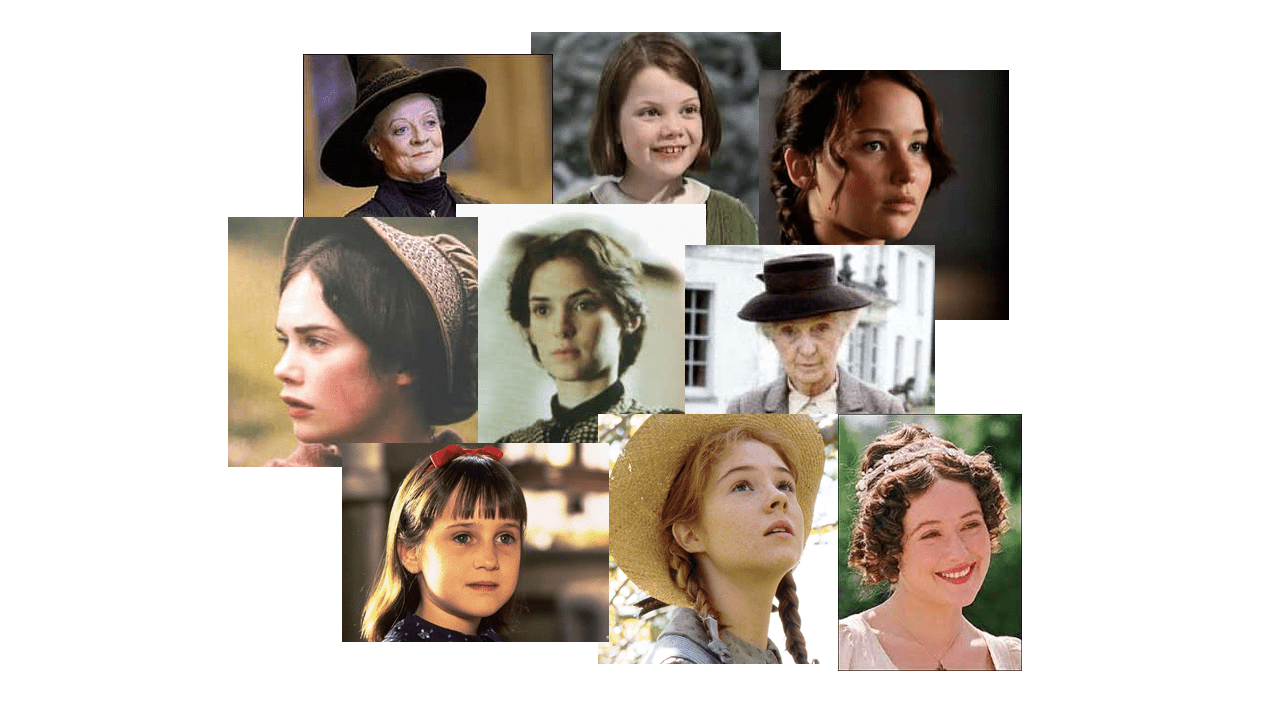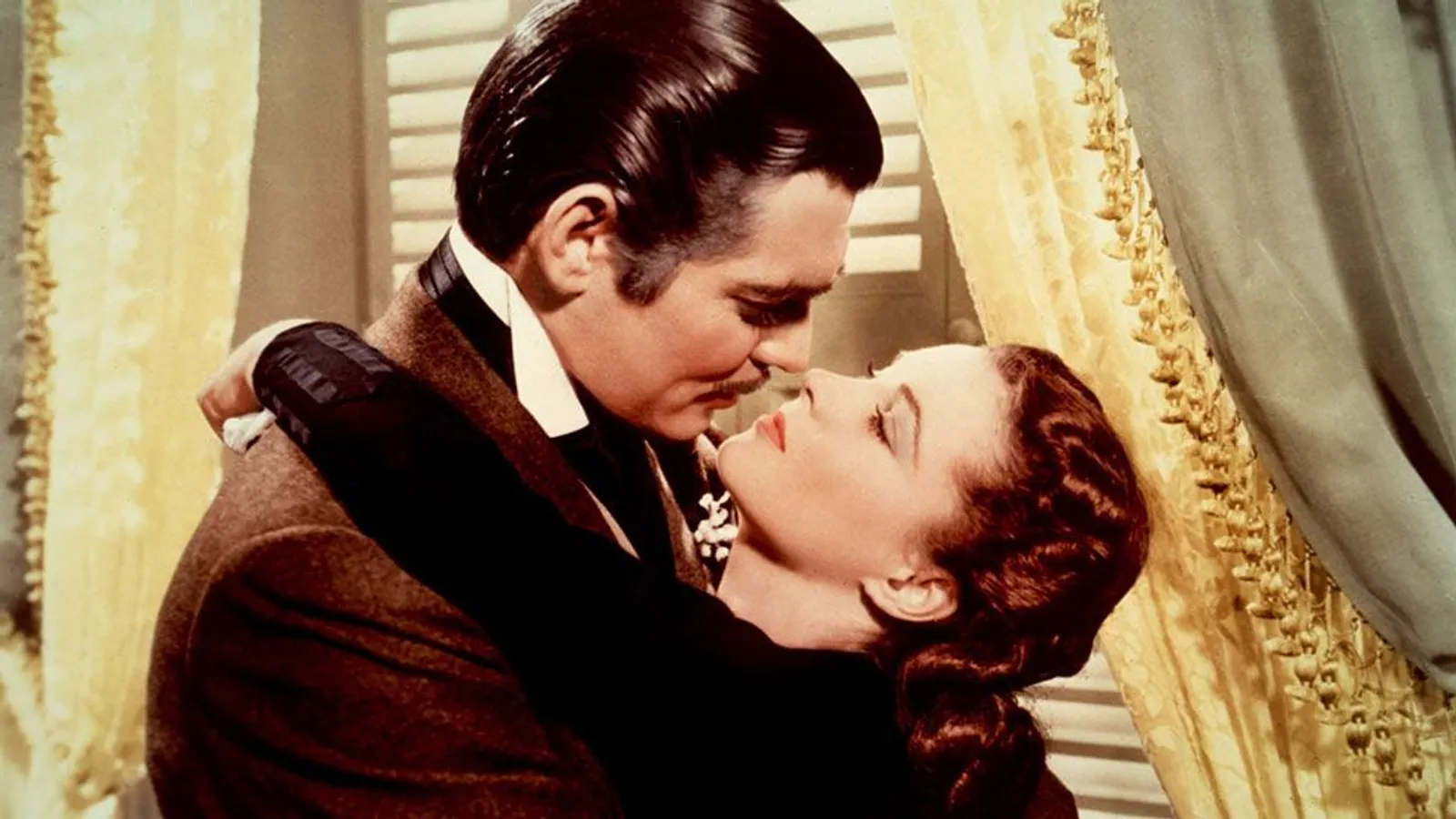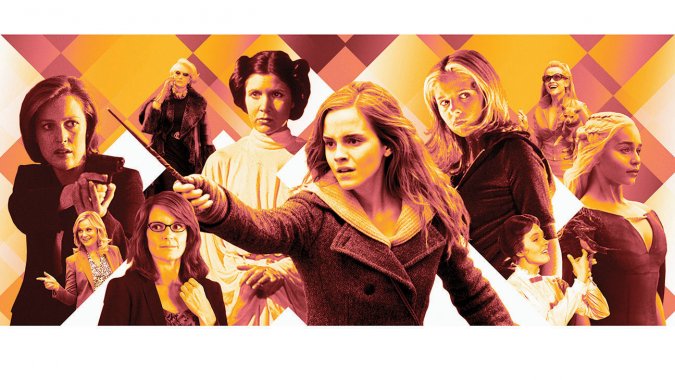Perhaps this is a rant of mine? I feel like it’s more of an observation until it touches my own precious characters and then it might become a rant.
What makes a female character likable?
My assertion is that it is much harder to write likable female characters than male characters. There is a much narrower range of behaviors a woman can exhibit and still be likable. Men seem to be able to get away with all kinds of things and people still like them.
Case in point:
My book club recently read Gone With the Wind. It is a hefty book filled with plenty of male and female characters for people to love or despise as they so desire.
Everyone hated Scarlett O’Hara. We found her selfish, manipulative, frivolous and cold, albeit resourceful and tenacious.
On the other hand, everyone loved Rhett Butler. We found him selfish, manipulative, frivolous and cavalier, albeit charismatic and wealthy.
Huh.
When I asked why Rhett was likable someone actually said ‘well, he could have taken advantage of her, but he didn’t.’ (I almost choked) Why didn’t we like Scarlett? She was just so selfish. She didn’t care about anyone, not even her own kids.
Perhaps this is an extreme example, maybe not. I have come to believe there are only a couple ways to make female characters likable:
- Piteous. She can be hideous, orphaned, sick or abandoned. If a reader feels pity for a female protagonist they are more apt to like her. Think Jane Eyre, who spends the first half of the novel in several of these categories. Or Anne Shirley, orphaned, abused and almost abandoned again at the beginning of her saga. I would even put Elizabeth Bennett in this category. She is a prisoner of her time, place and gender. We instantly feel sorry for her because she’s kind of stuck.
- Self-Sacrificing. The most common complaint I hear about female characters is that they’re selfish. I’ve never heard someone claiming it was a reason they disliked a male character. Why is it that we need females to put everyone else’s needs above their own in order for us to like them? Good examples of this are Jo March, who cuts off her hair and spends all her time as a companion to support her family, leaving only a small amount of time to pursue her dreams at night. Or Hermoine Granger who puts herself in danger regularly to make sure the men in her life don’t get themselves killed.
- Perfect. There are only a few flaws that likable female characters are allowed to have. From my writing experience, I have learned confusion about what she wants out of life is not one of them. Neither is snobbery. Women are allowed to be too selfless, love their family or friends too much, or be too loyal. Basically anything that you might say is your weakness in a job interview. They are also allowed to have an unrequited love (although how that counts as a flaw is beyond me…). More recently, women can still be likable if they are too smart, too witty or even if they are sarcastic (but not too sarcastic). I would still argue that these are job interview style weaknesses.
- But not too perfect… One of my beta readers for Love Over Easy didn’t like Violet. When prompted for a reason why they just said ‘I don’t know… she’s too perfect I guess.’ My attempt to give her more flaws just backfired (as apparently disliking hospitals and being uncomfortable around sick people is not an acceptable flaw for women.) I should have made her ugly.
I have noticed that when a book is adapted for TV or a movie, the actress can make a huge difference. Our own imaginations don’t necessarily allow for a lot of likability for female protagonists, but when we see someone on the screen, nuance in tone, facial expression and demeanor can do for us what black and white words cannot.
I had this experience when my book club discussed The Dutch House (sorry I keep talking about it.) A few of the women found the protagonist (a man) distinctly unlikable. Upon further discussion, we realized that none of those women had listened to Tom Hanks narrate the book. His narration made us like the character because we were all predisposed to like Tom Hanks (thanks to Toy Story and Sleepless in Seattle lol)
So this line of thinking leads me to a couple questions: The first: what does it say about the society we live in that this is an issue? I’m the kind of person that likes to mull things like this over without ever coming up with definite conclusions. The only thought I’ve really settled on is that we are hard on women. I also wonder how the recent emphasis on strong female characters has impacted this issue. Has it broadened our view of likable female characters or actually narrowed it? Does a woman have to be strong to be likable now? I don’t have answers to these questions.
There’s been a lot of discussion on the internet about likability being a distraction. I think that’s a nice idea, but completely unrealistic. People like to read stories about characters they like. It’s what makes us invest our emotion into the book and finish it because we need to know what happens to them. So, my second question is this: Who is your all time favorite female protagonist and what is it that makes her likable to you?



